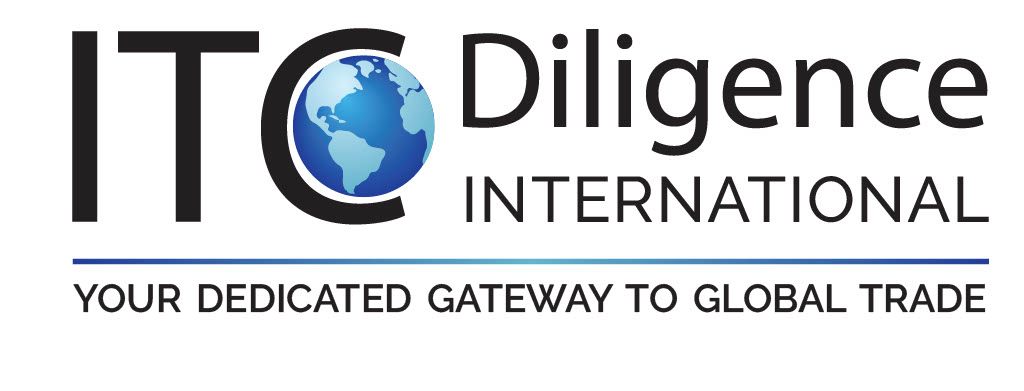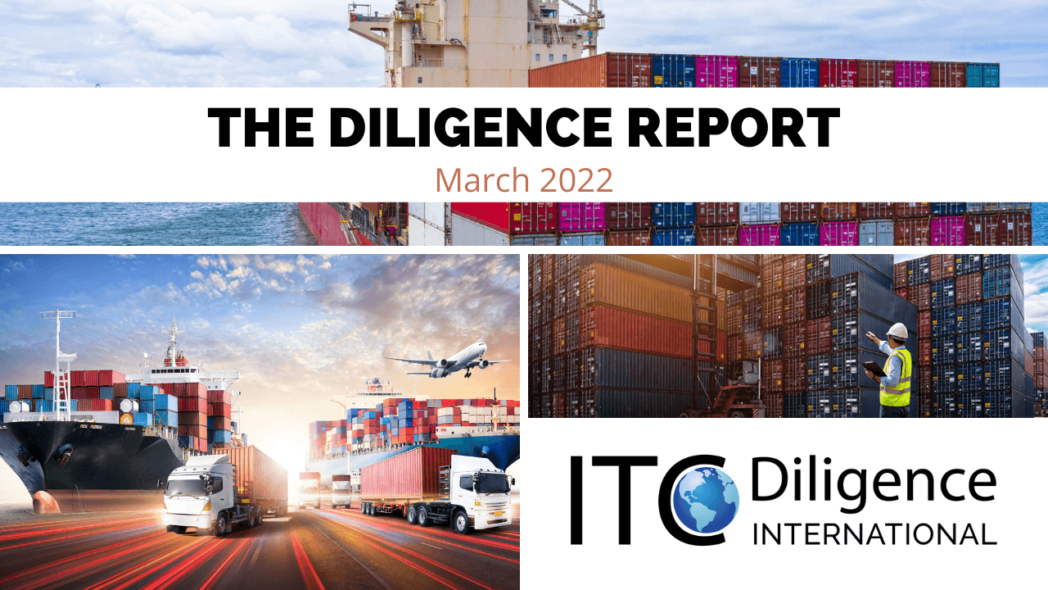As we enter into Spring, port restrictions and rising costs continue to create constraints in the supply chain globally. The importing and exporting industry has been hit incredibly hard over the last few years; being required to navigate everything from tariff tax manipulation to unprecedented weather phenomenon. Still, as signs of relief are on the horizon, Covid-19 continues to place undue pressure on the industry with new regulatory changes.
On January 27th of this year, President Biden signed Proclamation 10326 which modified the Harmonized Tariff schedule. This change along with expiring PPE exclusions are two huge hurdles that businesses must deal with as they look further into 2022. Additionally, antidumping and countervailing duties further impact industries worldwide. The ramifications of withhold release orders (WRO) keep squeezing supply chain capacities nationally, the consequences of which are beginning to be felt in markets across Canada and Mexico as well.
Fortunately, using modern technology, Foreign Trade Zones, and deeply connected global relationships, the frontline leaders of our industry have found creative ways to not just survive challenges, but to be recognized and to stand out for courageous growth in times of adversity. The key and most vital indicator that has directly supported the survival of our industry and many of its largest players has been how technology is used for transmitting and accessing information in a strategic split- second or short notice decision.
Free Trade Zones have been used more than ever before and their space is even being maximized as companies continue to look for ways to combat regulatory changes and supply chain constraints. FTZ’s have proven to aid in this way significantly, saving the importing and exporting industry billions of dollars annually by reducing and even eliminating many CBP fees, tariffs and taxes.
Examining and breaking down global supply chain news by specific areas, we can see clearly how the international trade industry has time and time again excelled in times of adversity, with many of these times of struggle later being identified and regaled as landmark or pivotal moments in history. Looking forward, these same areas are paving the way for quite an exciting year!
A special thanks to the industry professionals, truckers, importers, ports, warehouses, manufacturers, Customs Brokers, etc…who continue to rise to every challenge they face.
Featured FTZ Fact
Global Snapshot
United States
Oil is a hot topic and depending on what sits in the driveway, people are either crying or laughing right now. With Russia being the third largest crude oil producer in the world, US sanctions and tightened global trade regulation means the citizens of these countries begin paying more at the pump. However, despite these immediately noticeable changes, crude oil is not the real concern here. The United States imports more petroleum products, specifically unfinished oils and fuel oil, than crude oil.
In fact, in 2021 more than half of all petroleum products imported from Russia were unfinished oils. Russia’s invasion of Ukraine has pressed on hearts everywhere and many global leaders are responding. On March 8th, President Biden announced a ban on all US imports of petroleum, coal, and natural gas from Russia. This ban includes crude oil and petroleum products.
Motor gasoline is created from processed imported crude oil and from other finished gas and blending chemicals. Much of this petroleum is high in sulfur which can’t be used except in livestock feed. Now that a ban has come down on a huge importing arm of livestock feed, expect meat, dairy, poultry and pork prices to become volatile as well. The price of a good steak has already risen dramatically!
Europe
Meanwhile, efforts to aid in deforestation are underway as the European Union has come down with new regulations requiring global supply chain corporations to prove that their daily operations are not directly contributing to and aiding in the destruction of our natural forests. The law from the European Commission, proposed in November of 2021, would impose a 4% penalty of their annual turnover on any company that fails to comply with the new regulation.
Companies making everything from soy and beef, to palm oil, wood and even chocolate are subject to these new regulations and with France at the presidency of the EU, the priority of protecting the Earth's forests has been at the top of the list.
Advocates of the new law hope to have it signed by 2023 giving large corporations on the global supply chain 12 months to comply with the new guidelines and smaller companies 24 months to satisfy the requirements.
According to the United Nations’ Food and Agriculture Organization, our planet has lost 420 million hectares of natural forest due to global enterprise from 1990 to 2020.
This move happily signals a step in the right direction toward more responsible corporate expansion.
Africa
36 billion dollars in new trade deals were signed as the Intra-African Trade Fair came to a close in November of last year. The 7 day event held 39 thousand attendees -both online and in person- including some very prominent figures like the Prime Minister of Rwanda and the Presidents of Nigeria, South Africa, Malawi, Zambia, Zimbabwe, and Zanzibar.
Africa has, for decades, defined what it means to have emerging countries with budding economies, and with these recent trade deals the continent continues to make massive moves on the world stage. 500 business deals were signed by the end of the fair, which was the work and contribution of 59 countries, including 46 African nations. A staggering 128 countries worldwide participated virtually and physically, making this event a significant landmark for African Continental Free Trade Area (AfCFTA) first year operations.
The Malawi government and Elsewedy Electric, a multinational Egyptian utility company, signed one of the more notable and larger deals, which promises to bring investment into the country of Malawi specifically in sectors covering energy, manufacturing, and tourism. This could mean more jobs and more trade being brought into and from these areas, which of course means the need for more Free Trade Zones to handle the new supply chains.
ITC-Diligence International, Inc.
Client Spotlight


